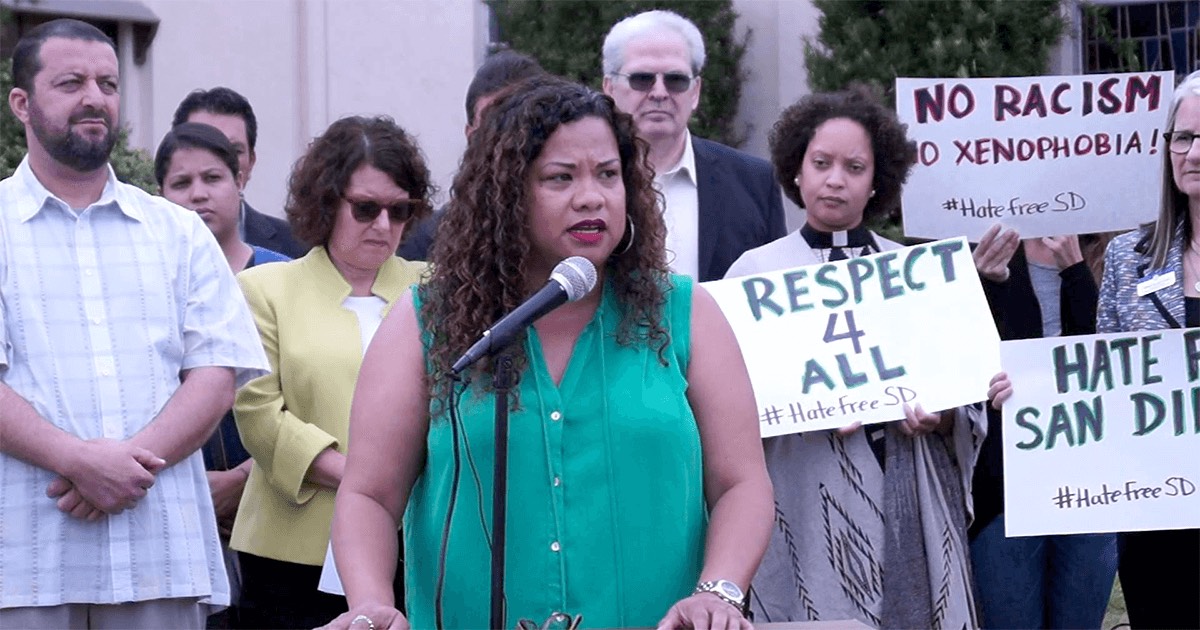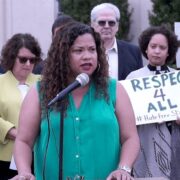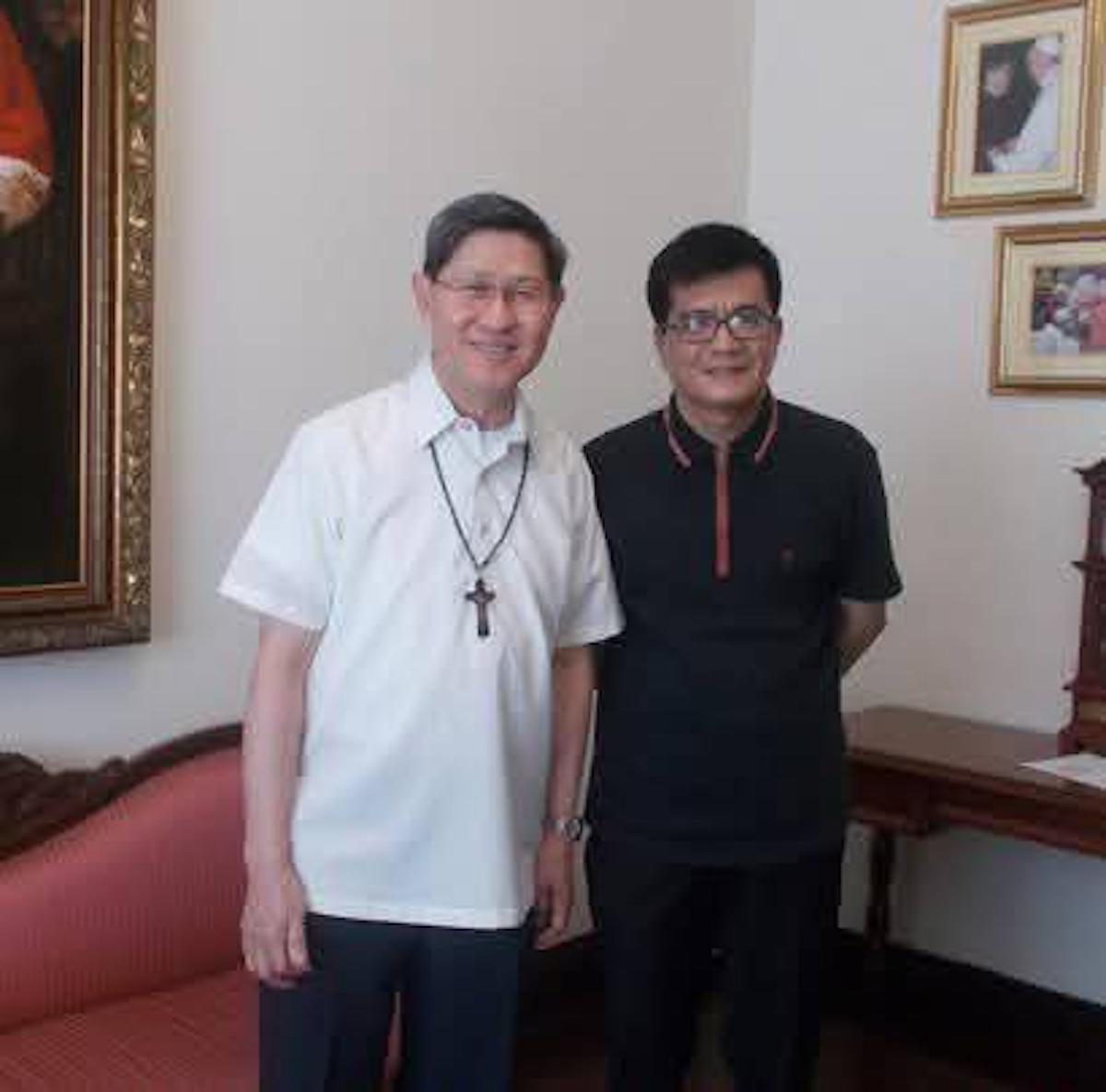by Johanna Puno Hester
It is sick to me that our current president and administration continue to target and threaten immigrants in this country when I know that it is us immigrant workers who are caring and fighting for the most vulnerable Americans. It was my father who taught me the values of taking care of family and standing in solidarity with all workers.

My father left the Philippines for the United States when I was barely two years old. I was so young but that was the norm. Because of imperialism by other countries like the U.S., overseas remittances account for 12% of the Philippines’ GDP. Many families like mine are only able to get ahead if we send a family member to work overseas. While it is the norm, it is never an easy decision. My father always looked for ways to reunite our family.
Luckily for us, the U.S. offers family-based visas that allowed him to sponsor me to join him. This was great news, but because of the long visa backlogs, I was not successfully sponsored until I was 15 years old. I then had to wait until I turned 21 before I could sponsor my mother to join us. These were tough years for us, but we tried our hardest to remain in touch with each other.
I grew up listening to stories of my father organizing with his coworkers at the hotel he worked at. He was active in his union and knew that whether immigrant or not, workers must stand in solidarity for collective power. It was always clear to me that I needed to stand side by side with immigrants and workers like me.
I am so grateful for these teachings because some of the most power I have felt has been through the union organizing that I do now with care providers like home care and childcare workers in California. These workers are primarily women and people of color, caring for low-income children, seniors and people with disabilities. They care for the most vulnerable in our communities, a job that has become even more difficult and important under a pandemic, and yet they are still left out of federal labor protections.
Chillingly, for the many who are immigrants and looking to reunite with their family especially in difficult times like these, they face opposition from the president and the administration.
Instead of a family-based immigration system, they are calling for a points-based visa system, which would prioritize applicants with “desirable” and “deserving” characteristics.
We know that the moment we get into the business of classifying people as desirable and undesirable, deserving and undeserving – we are putting poor people, queer and trans people, disabled people, Black and Indigenous people, people of color and women at war with white supremacy and the patriarchy.
A points-based visa system would discriminate against poor and working-class families and decimate opportunities for immigrants in the U.S. to reunite with their families.
These are the same poor and working immigrants who are America’s essential workers.
We need to not only defend, but strengthen the family-based immigration system. I am by far not the only immigrant who spent formative years separated from my family.
According to an annual report on family-sponsored visa applicants released by the U.S. Department of State in 2018, 1,519,719 immigrants from Asia are waiting in the backlog to obtain a family-visa. Immigrant visa applicants born in the Philippines must wait up to 23 years depending on their visa category.
As Asian Americans, we see through the efforts to divide us. The majority of immigrants arrive through family visas; for Asian immigrants, family-based immigration is the most common pathway to the United States.
This is not a game, and our lives must not be subjected to metrics and “points” whose only effort is to divide and exclude us. We are already experiencing so much trauma under the pandemic. We cannot support family separation.
* * *
Johanna Puno Hester is Assistant Executive Director of UDW/AFSCME Local 3930, a union of more than 118,000 in-home care providers and 15,000 family child care providers throughout California. She is a former president and current National Executive Board Member of the Asian Pacific American Labor Alliance, AFL-CIO.







